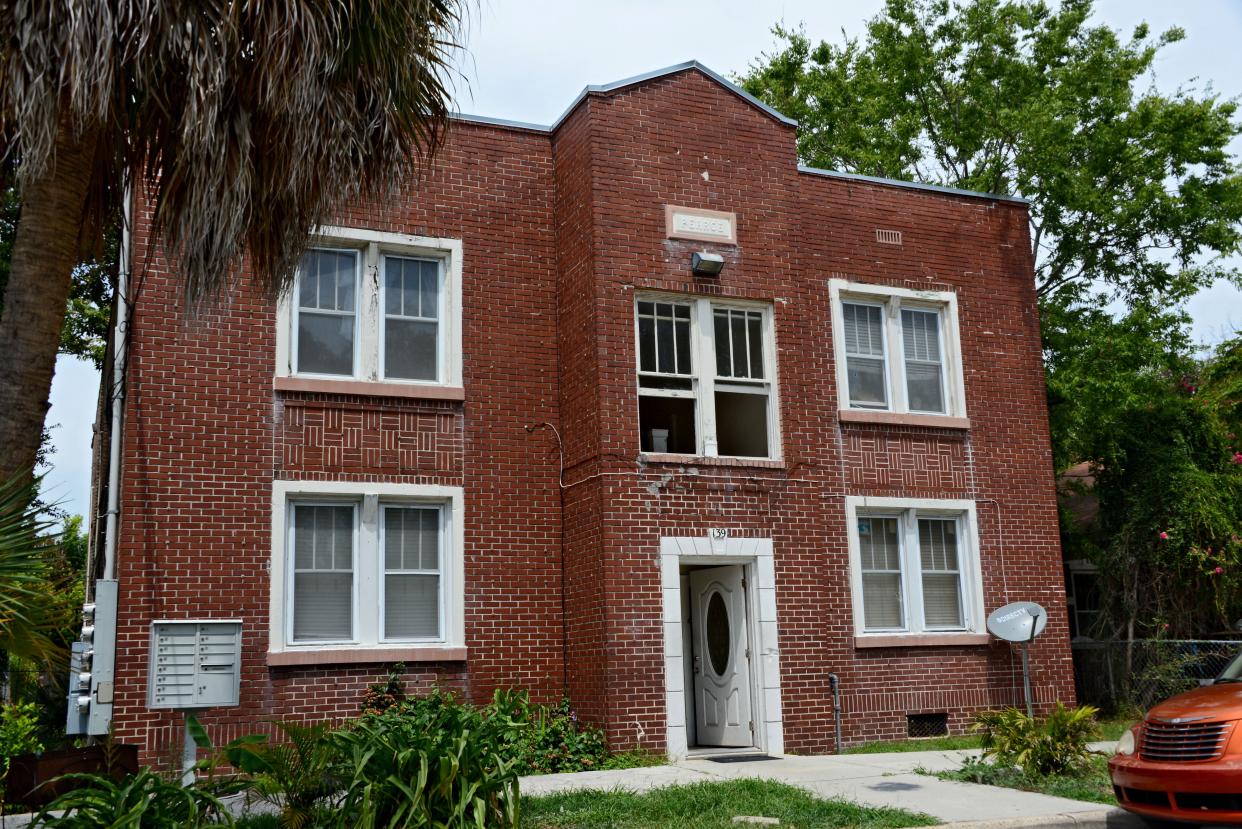Roger Handberg: Praise for City of Jacksonville's response to disabled housing lawsuit

Fighting illegal housing discrimination is a top priority of the Justice Department. Our primary tool in this struggle is the Fair Housing Act, which prohibits discrimination in housing on the basis of race, color, religion, sex, familial status, national origin and disability. Specifically, among other prohibitions, this law prohibits municipalities and other local government entities from making zoning or land use decisions that exclude or otherwise discriminate against individuals with disabilities.
As the chief federal law enforcement officer for the Middle District of Florida, I have made it a priority to work jointly with the Civil Rights Division of the Justice Department to pursue and investigate allegations of housing discrimination within this district. An example of this is the Ability Housing matter.
The Ability Housing situation received extensive media attention when it first came to light. Ability Housing and Florida Disability Rights each filed a lawsuit in federal court in 2016 related to an effort by Ability Housing to revitalize a 12-unit apartment building and to create permanent supportive housing for “chronically homeless” individuals in Jacksonville — specifically, veterans — who had at least one disability.
Jacksonville had certified that Ability Housing’s development of the property was consistent with the city’s zoning code but, as alleged in my office’s complaint, reversed itself in response to intense community pressure based on stereotypes about the disabilities of the expected residents. As a result, Ability Housing lost the grant and the property.
Beth Cravey: Jacksonville apartment complex boosts affordable housing options for homeless veterans
Letters: Tighter regulations needed on charter schools to protect tax dollars
Back in 2016, the Justice Department, working through my office and the Civil Rights division, conducted an independent investigation and subsequently filed a lawsuit that was consolidated with these two pending lawsuits. In short order, we reached an agreement with Jacksonville.
In that settlement, which took the form of a consent decree that was approved by the federal court, Jacksonville agreed to a number of steps to rectify its past actions.
The city agreed to fund a $1.5 million grant to develop permanent supportive housing that went to Ability Housing, modify its zoning ordinance to incorporate civil rights protections, establish a policy and process to field reasonable accommodation requests, hire a Fair Housing Compliance Officer, submit detailed compliance reports and train more than 400 employees on the Fair Housing Act’s requirements.
Jacksonville met every single requirement of the consent decree and more. For example, the city affirmatively sought the department’s feedback on proposed zoning code amendments related to expanding the process for requesting reasonable accommodation from the city. Under the consent decree, it was required to submit amendments only after their implementation.

The willingness to take that extra step was just one of many examples that showed the city’s commitment to fulfilling its obligations under the consent decree. Because of that commitment (and Jacksonville’s track record of compliance), the consent decree expired on June 29, 2022.
The 2017 consent decree is a success story. It shows the positive results that can be achieved through collaboration on matters involving the Fair Housing Act and the Americans with Disabilities Act, which prohibits discrimination on the basis of disability by public entities. Federal law protects individuals with disabilities from being denied the chance to live in communities of their choice due to discrimination.
Ability Housing and Disability Rights Florida are to be commended for their tremendous efforts on behalf of their clients and the City of Jacksonville is to be commended for its performance under the consent decree.
Roger B. Handberg, U.S. Attorney for the Middle District of Florida
This guest column is the opinion of the author and does not necessarily represent the views of the Times-Union. We welcome a diversity of opinions.
This article originally appeared on Florida Times-Union: Roger Handberg: Jacksonville stepped up in response to housing lawsuit

